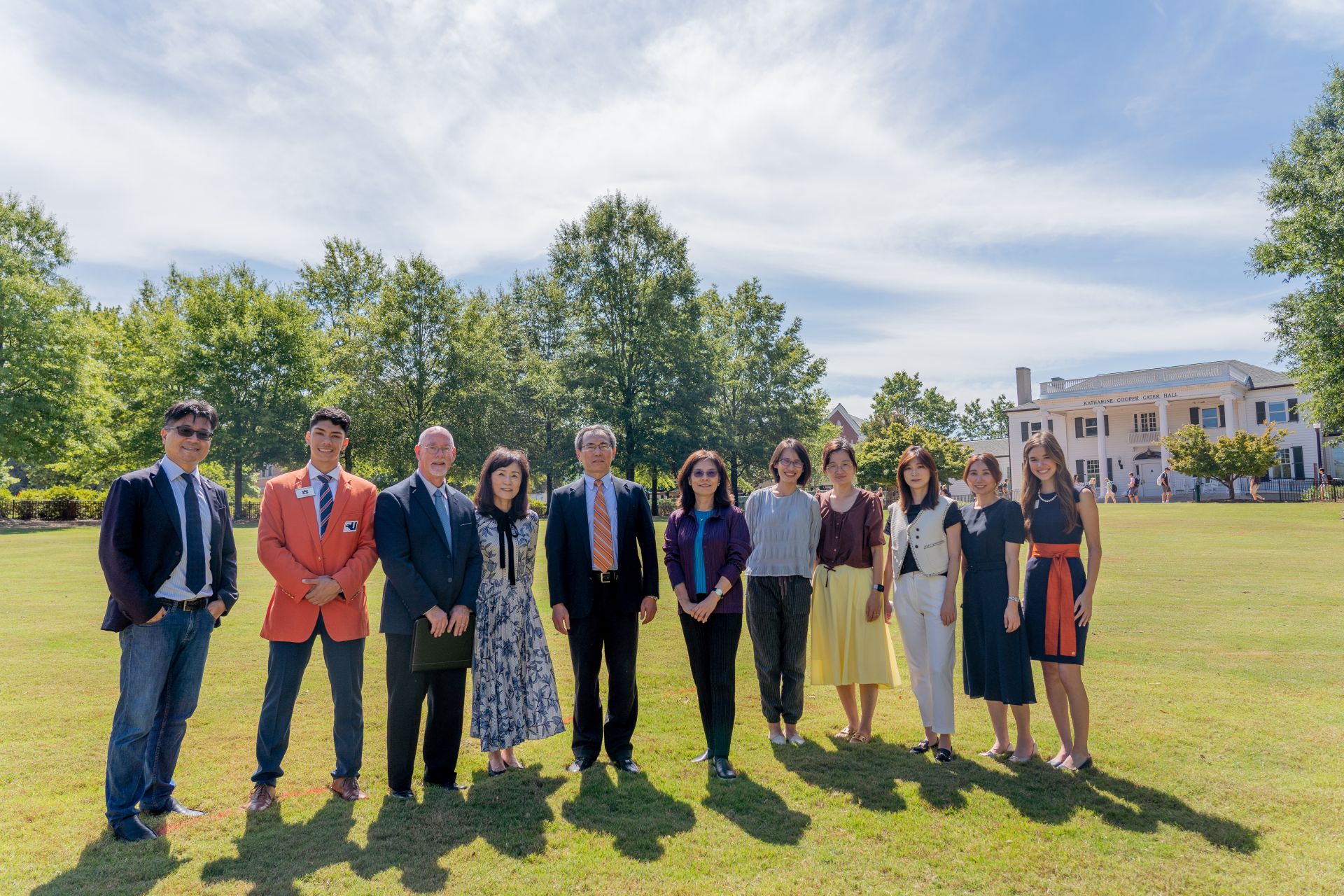SDG4
NCKU's seminar focuses on student affairs and counseling for the 112th academic year, emphasizing a safe learning environment
National Cheng Kung University (NCKU) hosted the "Student Affairs and Counseling Work Seminar" for the second semester of the 112th academic year on April 29th. Approximately 330 departmental advisors and administrative staff attended the event. Vice President Yuh-Neu Chen, on behalf of the university, expressed gratitude to the advisors and staff for their dedication and efforts in supporting students' growth and development. She emphasized the importance of continued collaboration and support for students to ensure a safe and secure learning environment on campus.
Vice President Chen stated that NCKU is committed to providing comprehensive mental health services and support for students. The Student Affairs Office has a well-established counseling and campus safety mechanism, serving as a strong support system for student counseling. She urged teachers to utilize the resources available at the Student Affairs Office whenever they identify students in need of assistance.
Ms. Meng-Li Chen, Head of Career Development and Employment Counseling Division of the Student Affairs Office, introduced the newly launched "NCKU Future Success + Personalized Career Planning System," which took more than a year to develop and was launched in mid-February. This student-centric platform integrates students' on-campus activities, course selection records, and e-portfolio learning experiences, while also providing functions such as UCAN competency analysis radar charts, activity and course history records, personal statement editing, and resume generation. It aims to help students better understand their future career development and guide their learning paths.
The "Student Affairs and Counseling Work Seminar" has traditionally featured keynote speeches. This time, Dr. Hsu-Ying Tung, Director of the Graduate Institute of Education at NCKU, delivered a speech on "Let's Talk about Teacher-Student Conversations" Dr. Tung discussed the characteristics of communication in the digital generation, including self-centeredness, the pursuit of speed and convenience, simplified communication symbols, and low tolerance for frustration.
Dr. Tung shared examples from common communication platforms like LINE, where students may expect immediate responses, leading to misunderstandings if delayed. He also noted the trend of using emojis instead of words, which can hinder effective expression when facing real problems, as language expression is sometimes necessary for clarity.
Dr. Tung emphasized the importance of communication skills between teachers and students, particularly to avoid pseudo-communication. He illustrated this with an example of a couple discussing where to eat, where vague responses can lead to miscommunication and frustration.
Other communication techniques he highlighted included focusing on conveying meaning rather than just content, using body language and paralanguage effectively, avoiding conveying negative emotions to prevent communication breakdowns, creating a positive communication atmosphere and environment, and practicing active listening and empathy. To improve teacher-student relationships, he suggested mastering the art of sharing and using questioning techniques when disagreeing with student opinions.
Dr. Tung concluded his speech with the proverb "It takes a hundred years to build a boat, but it takes only a moment to row a boat together." He emphasized the importance of empathy in communication, as students are more likely to open up if they feel understood by their teachers.
Vice President Chen stated that NCKU is committed to providing comprehensive mental health services and support for students. The Student Affairs Office has a well-established counseling and campus safety mechanism, serving as a strong support system for student counseling. She urged teachers to utilize the resources available at the Student Affairs Office whenever they identify students in need of assistance.
Ms. Meng-Li Chen, Head of Career Development and Employment Counseling Division of the Student Affairs Office, introduced the newly launched "NCKU Future Success + Personalized Career Planning System," which took more than a year to develop and was launched in mid-February. This student-centric platform integrates students' on-campus activities, course selection records, and e-portfolio learning experiences, while also providing functions such as UCAN competency analysis radar charts, activity and course history records, personal statement editing, and resume generation. It aims to help students better understand their future career development and guide their learning paths.
The "Student Affairs and Counseling Work Seminar" has traditionally featured keynote speeches. This time, Dr. Hsu-Ying Tung, Director of the Graduate Institute of Education at NCKU, delivered a speech on "Let's Talk about Teacher-Student Conversations" Dr. Tung discussed the characteristics of communication in the digital generation, including self-centeredness, the pursuit of speed and convenience, simplified communication symbols, and low tolerance for frustration.
Dr. Tung shared examples from common communication platforms like LINE, where students may expect immediate responses, leading to misunderstandings if delayed. He also noted the trend of using emojis instead of words, which can hinder effective expression when facing real problems, as language expression is sometimes necessary for clarity.
Dr. Tung emphasized the importance of communication skills between teachers and students, particularly to avoid pseudo-communication. He illustrated this with an example of a couple discussing where to eat, where vague responses can lead to miscommunication and frustration.
Other communication techniques he highlighted included focusing on conveying meaning rather than just content, using body language and paralanguage effectively, avoiding conveying negative emotions to prevent communication breakdowns, creating a positive communication atmosphere and environment, and practicing active listening and empathy. To improve teacher-student relationships, he suggested mastering the art of sharing and using questioning techniques when disagreeing with student opinions.
Dr. Tung concluded his speech with the proverb "It takes a hundred years to build a boat, but it takes only a moment to row a boat together." He emphasized the importance of empathy in communication, as students are more likely to open up if they feel understood by their teachers.
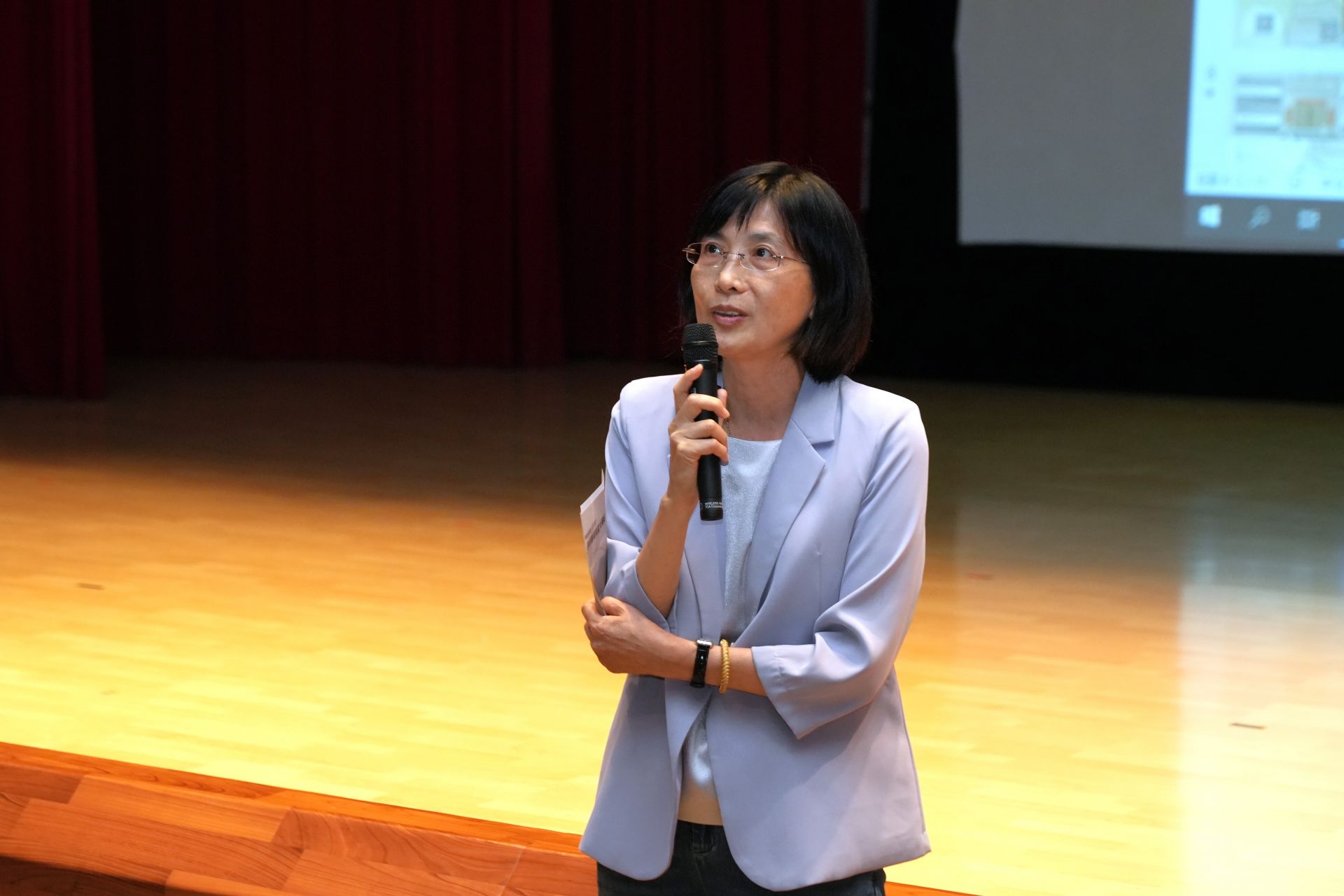
Vice President Yuh-Neu Chen expressed her hope that everyone would work together and provide comprehensive support to students, ensuring a safe and secure learning environment on campus.
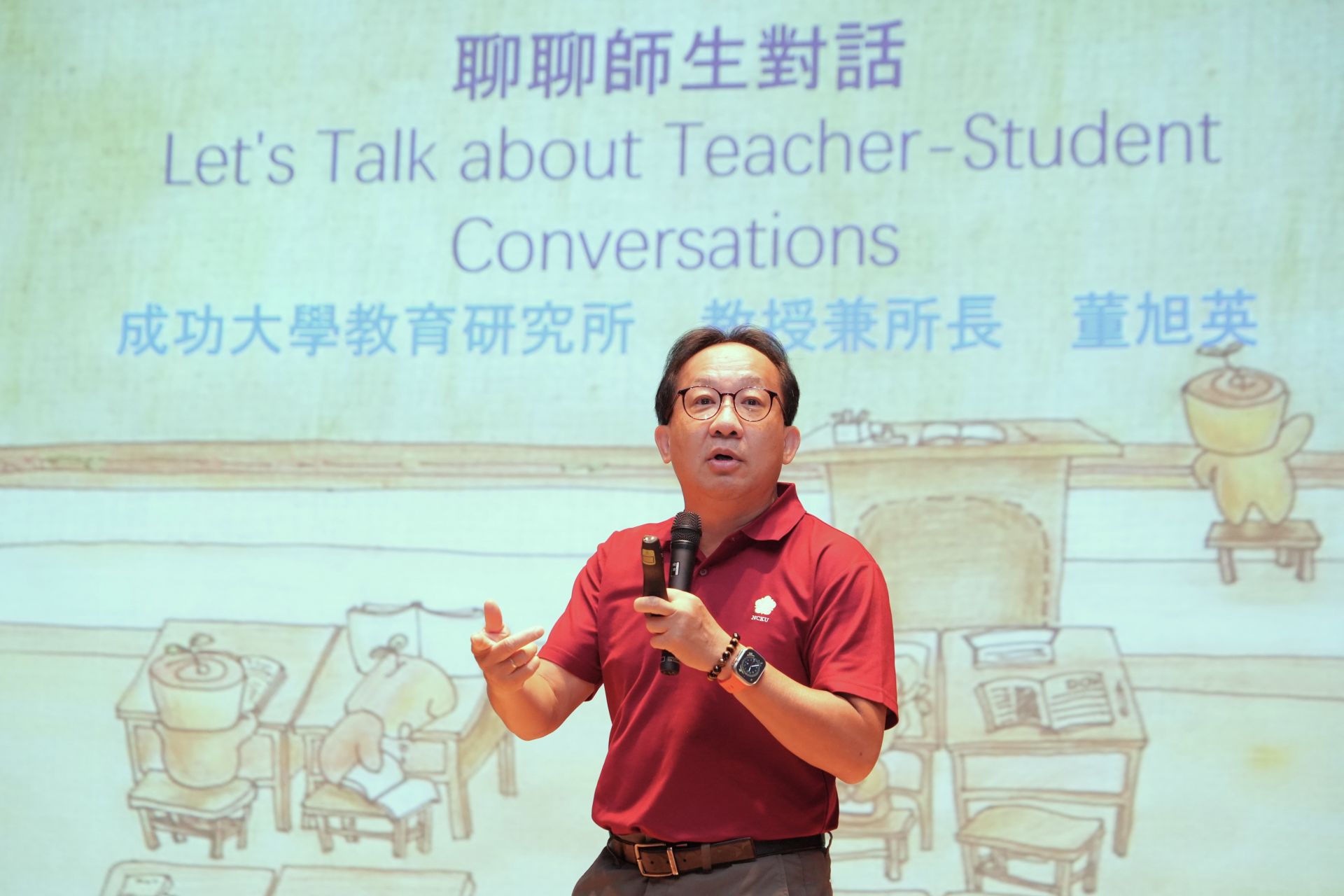
Professor Hsu-Ying Tung gave a speech titled "Let's Talk About Teacher-Student Conversations."
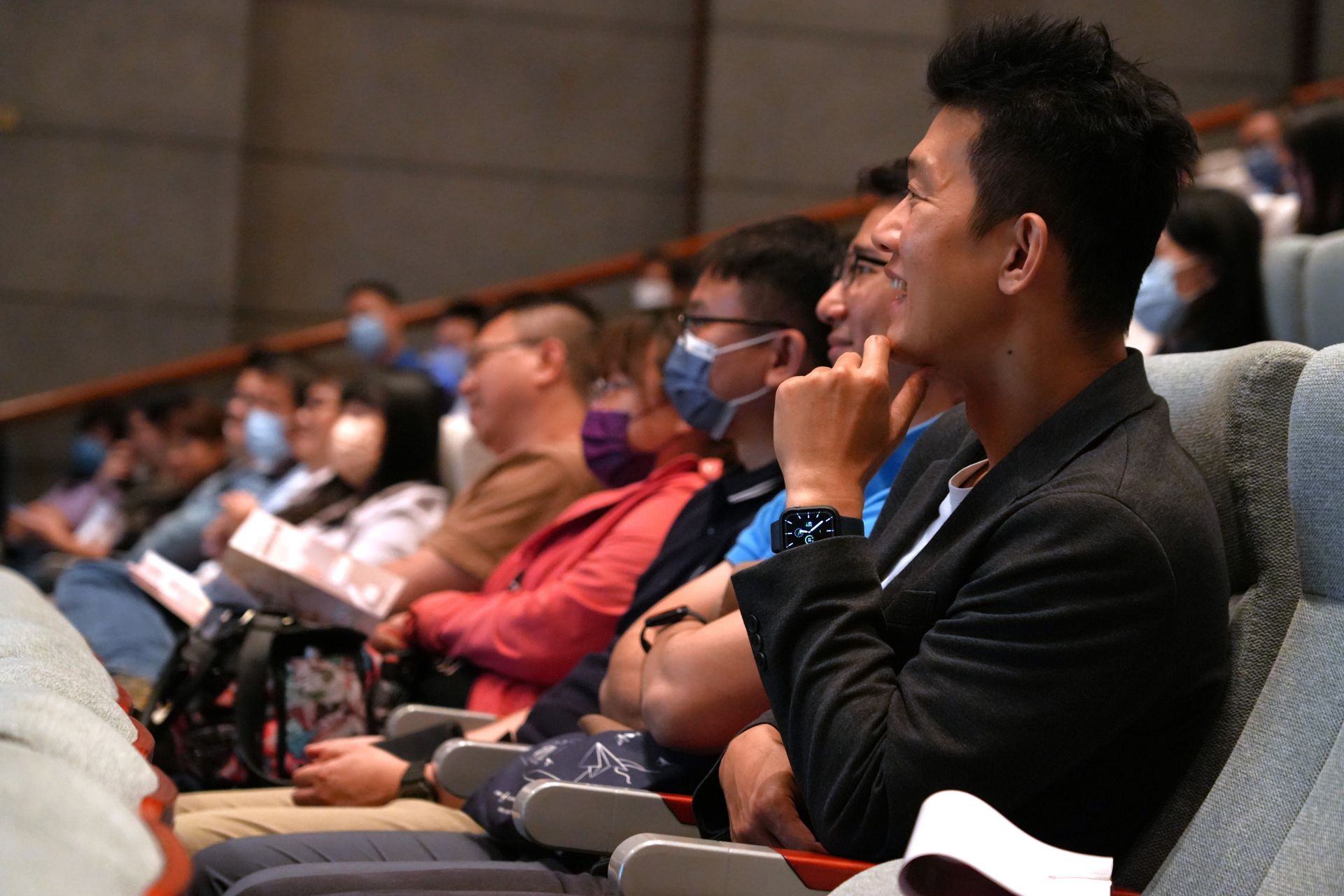
The attendees were focused on listening to the speech.
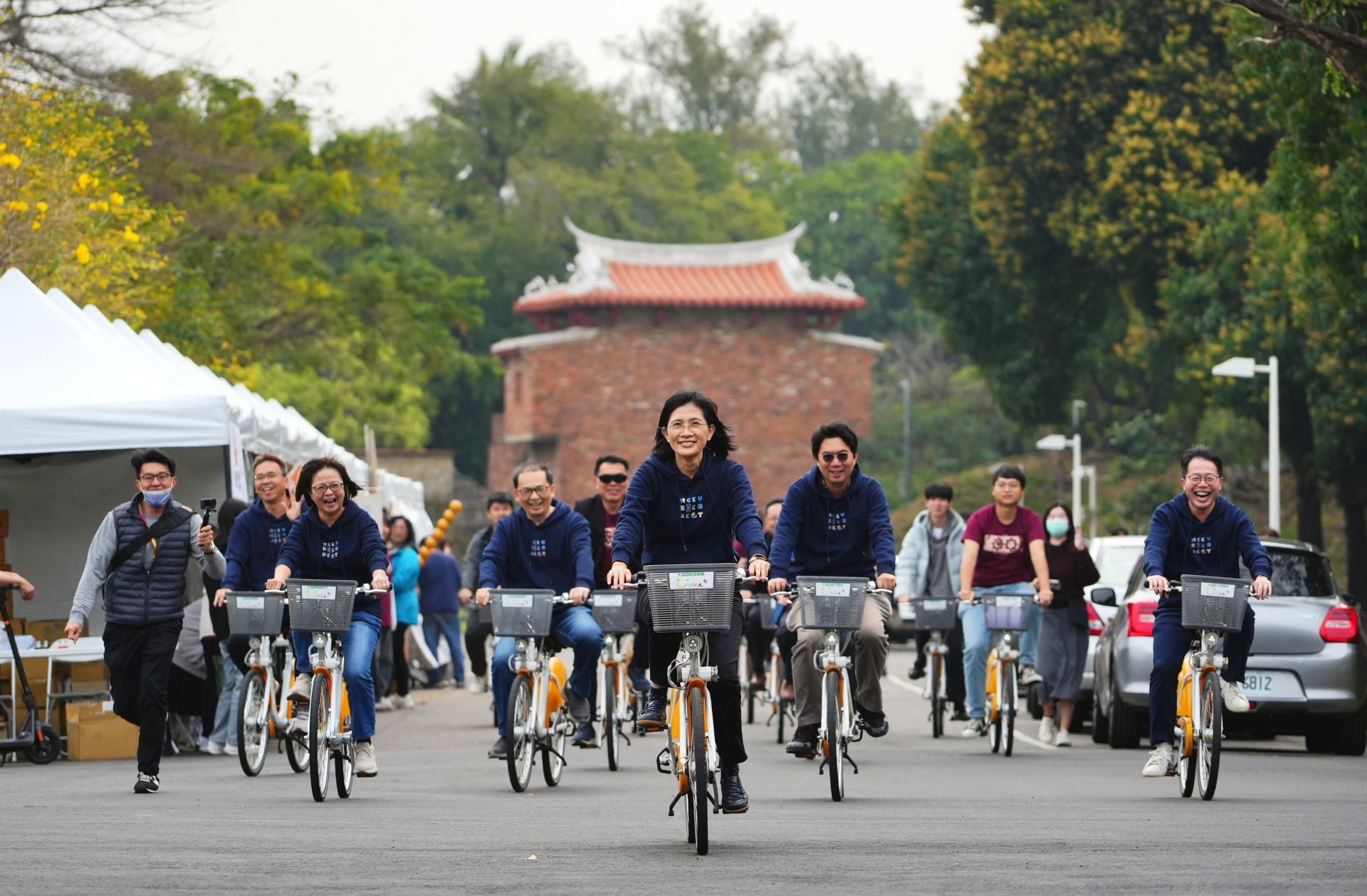
SDG4The 2025 NCKU Bike Festival Debuts with the Theme "Dare to Navigate the Sea of Knowledge, Set Sail for Success"
View more
SDG4Harvard Professor Peter Galison Invited to NCKU to Discuss Black Hole Research, Sparking Lively Dialogue and Exchange
View more